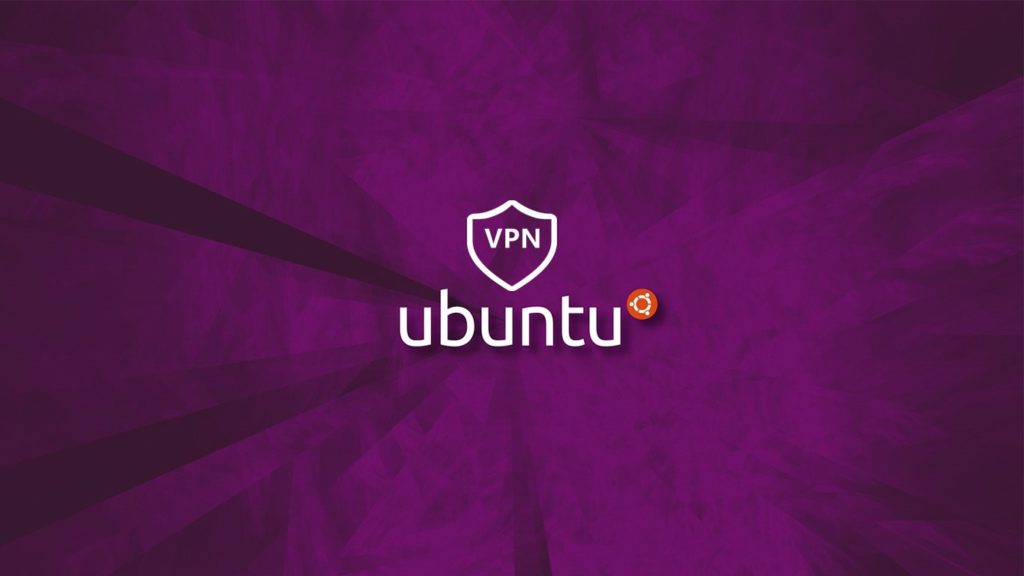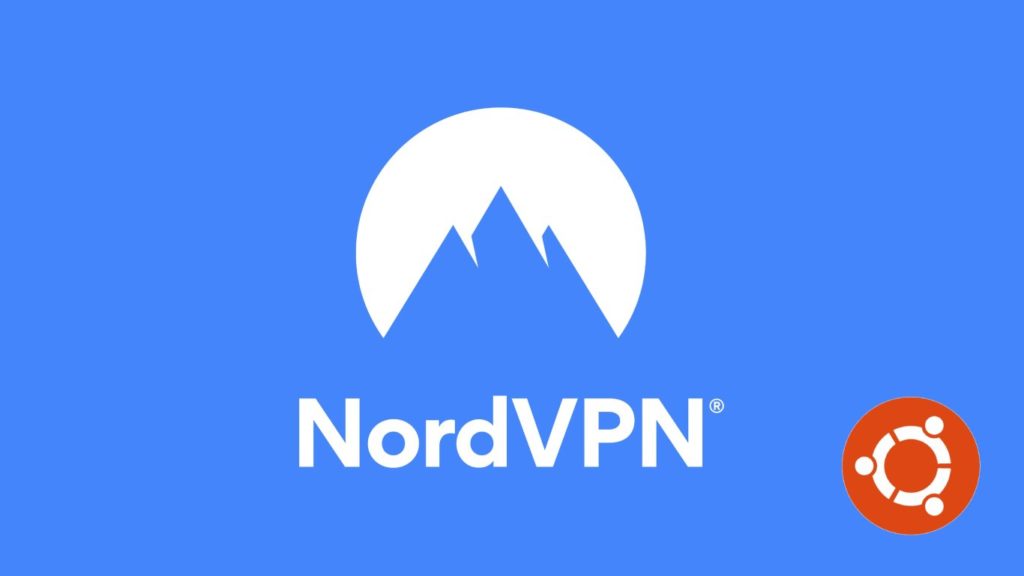
Ubuntu is among the most popular Linux distros. It’s open-source, continuously updated, and known for its security features. But even though it protects you from some exploits, your Internet connection is still vulnerable. Not only can websites and services pinpoint your location, but your ISP has your personal information and access to your browsing history. Besides turning it over, they can also forbid you from accessing certain websites, which goes against online freedom. This can be mitigated if you hide your IP with a VPN. But first, you must pick a favorite on our list of the best VPN for Ubuntu.
How to select a VPN for Ubuntu?
Ubuntu is one of the most popular Linux distros that is favored by both casual and advanced users. As such, it has a huge app library. Amongst them are VPNs. But not all VPN providers offer apps exclusively for Linux. And those who do are very different from each other. Hence, we have to select a suitable VPN for Ubuntu based on a few criteria that we have included below:
- VPNs that have an exclusive Linux client – Although you can still configure a VPN on Linux without any exclusive apps, it is suitable to go with a service provider that does have a Linux client available.
- Should offer strong security and privacy features – The VPN should offer the latest market standard security and privacy measures, even on Ubuntu.
- Fast Internet connection – Without a fast Internet connection, a VPN will be rendered moot. Hence, look for services with exceptional speed.
- Has a money-back guarantee – And lastly, users have to invest a fair amount of money when purchasing a VPN. Thus, it is pertinent that there is a fair money-back guarantee in place.
What are the Best VPN Services for Ubuntu

When choosing a VPN for Ubuntu, there are certainly many factors to consider. From the speed to the compatibility with Linux. We did the hard work for you and listed the top VPN services available for Ubuntu –
1. NordVPN
NordVPN was also our top choice for the best VPN for Linux. The VPN provider offers a command-line-based VPN app instead of a GUI, which isn’t a problem thanks to their instruction-filled blog. NordVPN offers 5500+ servers in 59+ countries, split into those optimized for bypassing censorship, bypassing VPN block on all popular streaming services, torrenting, and even TOR (The Onion Router) over VPN.
As for protocols, the provider supports OpenVPN, and IKEv2/IPSec, WireGuard, and a WireGuard-based in-house protocol named NordLynx. Finally, you’ll enjoy 256-bit AES encryption, the ability to use a VPN on up to 6 devices on one account, and a 30-day money-back guarantee. You can also check out the NordVPN Linux commands.
2. ExpressVPN
If you didn’t get the memo, not all VPN providers with Linux apps support Ubuntu. Like NordVPN, ExpressVPN does, and also comes with a no-GUI app based on issuing commands. With that said, the provider has 3000+ servers in 94 countries, a strict zero-log policy, and comes with 256-bit AES encryption. The servers, which run on RAM, provide top-notch speeds.
And, although it’s on the expensive side, with ExpressVPN, you can bypass Netflix VPN block, as well a that on Hulu, Prime Video, HBO Max, and Disney+, all while streaming in 4K. Furthermore, you get access to a proprietary VPN protocol named Lightway.
3. Surfshark
Surfshark comes with a command-line VPN Ubuntu app with built-in help functionality. The provider offers 3200+ servers in 65 countries, all of which support P2P transfer, and unblock major streaming services. Moreover, servers are based on RAM instead of storage, so what little data exists is wiped on every power down. Surfshark is also among the cheapest premium VPN providers in the industry.
They also offer AES-256-GCM encryption, a 30-day money-return policy, unlimited connections on one user account, split tunneling (Whitelister), Kill Switch, CleanWeb (ad/tracker/malware blocker), and NoBorders mode that allows you to use their VPN in China.
4. Private Internet Access
With Private Internet Access, you don’t have to get used to the command-line. Its GUI is similar to that of apps for Windows or Mac but only works on the 64-bit version of Ubuntu and uses an uncommon .run format. The VPN provider stores no logs of your activity offers to kill switch, split tunneling, a 30-day refund.
You get to enjoy the largest network of VPN servers in the world 29250+ in 77 countries, as well as 10 concurrent VPN connections, a free ad, malware, and tracker blocker, support for torrenting. Besides support for both OpenVPN and WireGuard, we love that we can pay with gift cards to retain anonymity.
5. CyberGhost VPN
When we reviewed CyberGhost VPN, we concluded that it has the best price-to-performance. This Romanian-based VPN provider has long-term payment plans that share the cost of a cup of coffee, but monthly.
You’re getting access to 6500+ servers, support for OpenVPN, WireGuard, and IKEv2/IPSec, a strict zero-logging policy, AES 256-bit encryption, and protection for up to 7 devices simultaneously. Besides being able to unblock most of the streaming services, CyberGhost stands out by offering a 45-day money-back guarantee, 1-day free trial, split tunneling, kill switch, and a built-in ad/malware/tracker blocker.
6. Hotspot Shield VPN
As you can see in our Hotspot Shield VPN review, if money wasn’t an issue and top speed was all you need, Hotspot Shield would be the second choice after ExpressVPN. This is largely due to Catapult Hydra, the VPN provider’s in-house security protocol based on SSL.
They offer 1800+ servers in 89+ countries, military-grade 256-bit encryption, and support for P2P transfer on all servers. You can also utilize kill switch, split tunneling (Smart VPN), and between 5 (normal plan) and 25 (Family plan) concurrent VPN connections. What also stuck out to us was the 45-day money-refund guarantee and a 7-day free trial of the VPN.
7. AtlasVPN
AtlasVPN is a great pick for Ubuntu users. The provider offers a freemium VPN with exclusive VPN clients for i386 and x86_64. The network has 1000+ VPN servers and offers an easy-to-use command-line interface. Setting up and using the service is beginner-friendly. The VPN also has advanced features such as SafeSwap and Multihop+. Then there are streaming-optimized servers that deal with buffering, lags, and other connectivity issues.
The app uses AES 256-bit to protect your web traffic and employs WireGuard alongside SHA-384 and PFS as VPN protocols. Finally, there is a PrivateDNS feature that prevents leaks. The lowest price you can get for the app is $1.82 per month for the 2-year plan.
8. AirVPN
AirVPN is a killer VPN provider for Ubuntu. Like Private Internet Access, it comes with a fully-featured open-source VPN application named “Eddie”. It has a zero-logging policy, offers IPv4, IPv6, DNS, and WebRTC leak protection, and allows torrenting on all servers. As for protocol, it mainly utilizes OpenVPN.
However, for more security or when governments or ISPs block OpenVPN, it can also obfuscate OpenVPN traffic over SSH, Tor, or SSL. Additionally, they supply their own DNS servers and allow port forwarding via their web application, and allow paying with 6 popular cryptocurrencies.
9. TorGuard
We got interested in TorGuard while looking for the best VPN for India. Not only do they support P2P traffic on all 3000+ servers in 50+ countries, but you can also configure encryption level. This helps mitigate speed reduction on slower Internet connections. Also, TorGuard supports OpenVPN, WireGuard, SSTP, and IKEv2/L2TP over IPSec protocols, and can protect up to 8 devices concurrently.
We also like the fact that you can hide a VPN by using a Stealth Proxy, which scrambles data to circumvent DPI (Deep Packet Inspection) and blocks imposed by websites and services.
10. PrivateVPN
PrivateVPN has the smallest server base among high-quality VPN providers, with only 100 servers in 62 countries. However, that’s what allows them to optimize speed and offer support for protocols such as OpenVPN, PPTP, and L2TP/IKEv2 over IPSec. Also, PrivateVPN offers the highest encryption level in the industry, 2048-bit AES-256, as well as kill switch, support for P2P, no data log policy, and protection for up to 6 devices simultaneously.
Enabling the command-line app is described step-by-step on the website, and help is available 24/7 via their Customer Support where inquiries are answered by in-house developers.
11. Mullvad
Prefer anonymity on your Ubuntu VPN application over thousands of servers? Pick Mullvad, then. They allow you to generate a user account and don’t support dedicated IP. Also, you can pay with cryptocurrencies or even put money into an envelope and mail it to them.
Mullvad has also kept the price identical for 12 years, only 5 euro (~$5.5) per month, with no strings attached. Typically, that price is only available with 6 to 12-month plans elsewhere. They have a no-logging policy, offer strong encryption, and utilize OpenVPN and WireGuard. Also, their command-line-based application comes with a built-in kill switch and support for the SOCKS5 protocol.
12. AstrillVPN
Astrill claims to be one of the best VPNs for Linux. It is a fast service that comes with an exclusive VPN client for Linux. The provider offers features such as One-Click Connect, Site and App Filter, Smart Mode, OpenWeb, the WireGuard protocol, StealthVPN, VPN Sharing, a kill switch, and an App Guard.
The provider is also known for its advanced security, privacy, and obfuscation methods, which include Tor over VPN, P2P support, multi-hop VPN, port forwarding, leak protection, and an Adblocker. However, it is one of the costliest VPN services on the market. The cheapest you can get is $12 per month for the 2-year plan. And there is no free trial or money-back guarantee to boot.
